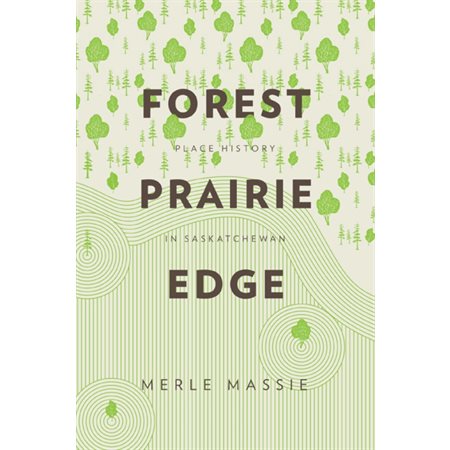Menu
-
Papeterie
-
Salle de pause
-
Nettoyage et Entretien
-
Santé et sécurité
-
Technologies
Technologies
- Appareils photo et caméscopes
- Câblage et réseautique
- Copieurs et télécopieurs
- Domotique
- Entretien informatique
- Ergonomie
- Imprimantes et numériseurs
- Livres numériques
- Logiciels
- Ordinateurs
- Périphériques et accessoires
- Piles et alimentation
- Réquisition technologies
- Stockage de données
- Systèmes audio
- Tablettes et lecteurs numériques
- Téléphones et communication
- Téléviseurs et lecteurs DVD
-
Consommables d'impression
-
Appareils de bureau
-
Papier
-
Produits de bureau
-
Salle de courrier et manutention
-
Instruments d'écriture
-
Arts plastiques
-
Loisirs et cadeaux
-
Ameublement et décor
-
- ACCESSOIRES APPAREILS POSTAL
- ART CREATIF
- Cartonnés textures
- CENTRE COPIE
- CERTIFICAT CADEAU
- CLE & SERRURES---
- Disque Dur
- EQUIP. SPÉCIALISÉ
- EQUIPEMENT SERVICE
- GRAND LIVRE
- INFO ENTREPRISES
- ITEM DISC. NOVEXCO
- JEUX
- Maquante/missing
- Maquante/missing
- NON DEFINIE
- PAPO
- PHOTOCOPIEURS
- POUDRE ORIGINALE
- POUR CODE GL
-
- Livres
-
Arts,Jeux et Cadeaux
Arts & Jeux
- Toiles, supports et chevalets
- Tricot et cordes
- Camions et voitures
- Casse-têtes
- Costumes et accessoires
- Cuisine et appareils ménagers
- Figurines
- Jeux à distance
- Jeux d'adresse
- Jeux d'assemblage et de construction
- Jeux d'extérieur
- Jeux de "gamers"
- Jeux de logique
- Jeux de stratégie
- Jeux éducatifs
- Jeux électroniques
-
Informatique
Informatique
- Accessoires de "Gamers"
- Alimentation et piles
- Appareils photo et cadres numériques
- Câblage et réseautique
- Casques d'écoute et écouteurs
- Claviers et souris
- Consoles de jeux et manettes
- Domotique
- Entretien informatique
- Ergonomie
- Étuis et stylets pour tablettes
- Haut-parleurs et systèmes audio
- Imprimantes et numériseurs
- Logiciels
- Moniteurs et filtres optiques
- Stockage de données
- Mobilier
- Impression
Impression
- Archivage, numérisation et déchiquetage
- Autocollants et étiquettes sur mesure
- Boutique en ligne privée
- Cadeaux photos personnalisés
- Cartes et invitations
- Étampes et tampons encreurs
- Étiquettes autocollantes
- Factures et autres sur papier NCR
- Finition et façonnage de vos impressions
- Graphisme, infographie et conception
- Impression à données variables
- Impression de cartes d'affaires
- Impression de murales autocollantes
- Impression de plans et devis
- Impression événementielle
- Impression grand format
- Impression publicitaire
- Impression sur coroplast
- Impression sur enveloppes
- Lettrage et givrage
- Objets et vêtements promotionnels
- Produits funéraires
- Publipostage et intelliposte
- Reliure, agenda et manuel
- Service d'impression clé en main
- Service d'impression sur vêtements et objets
- Services de reproduction multimédia
- Équipement
- Coupon
- Carte cadeau
- Concours



